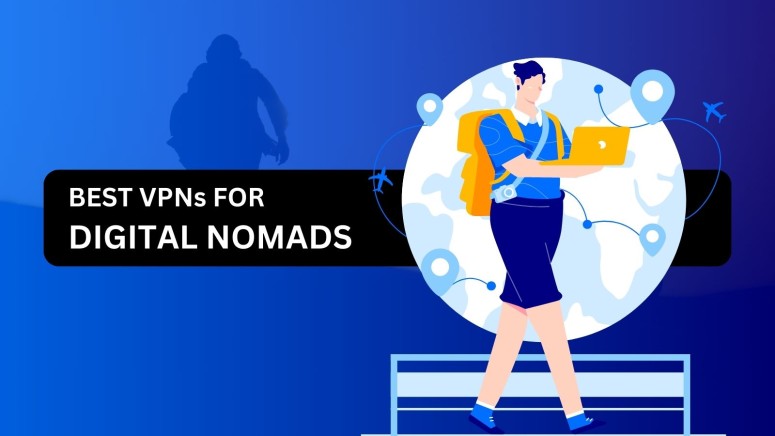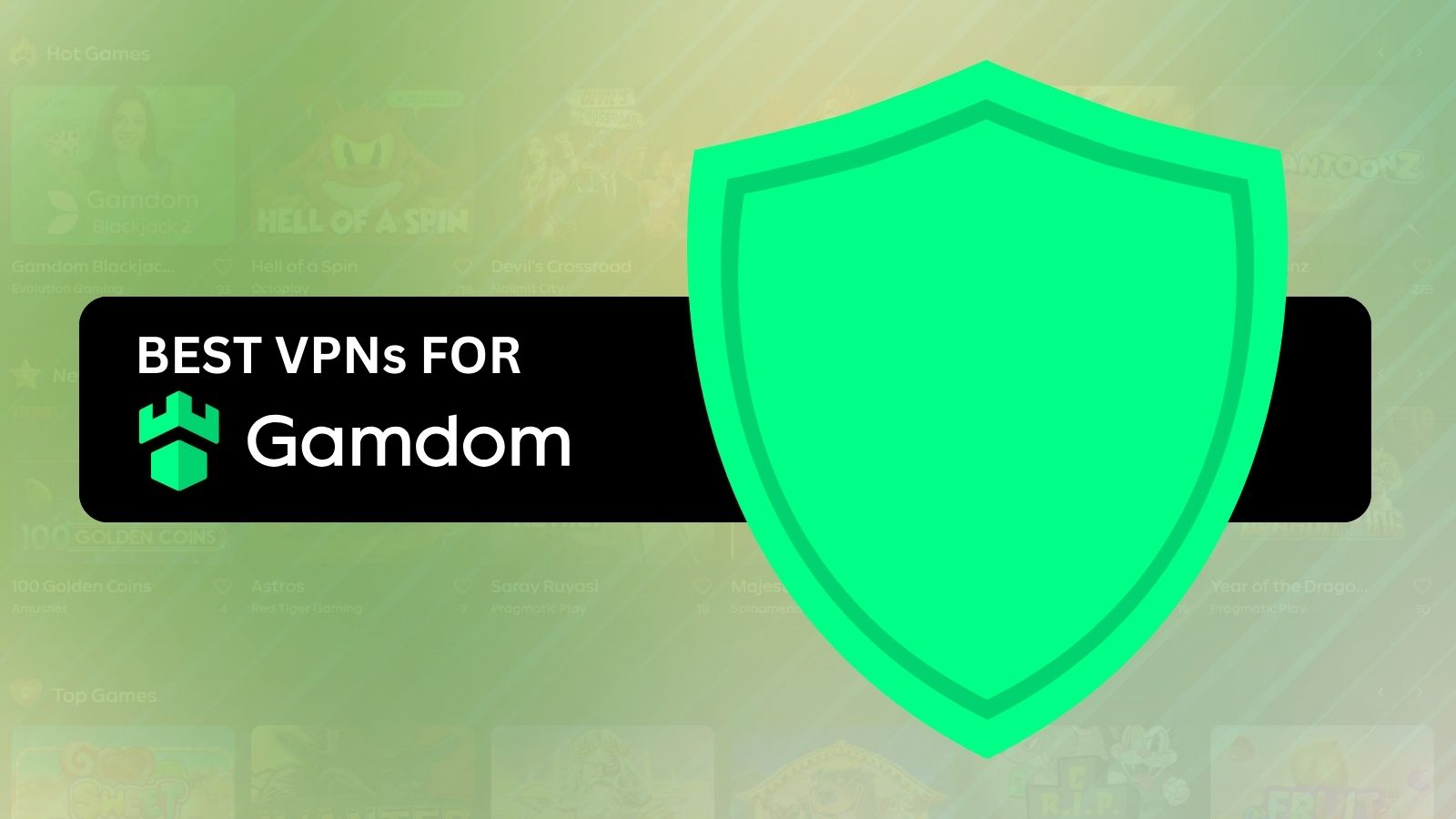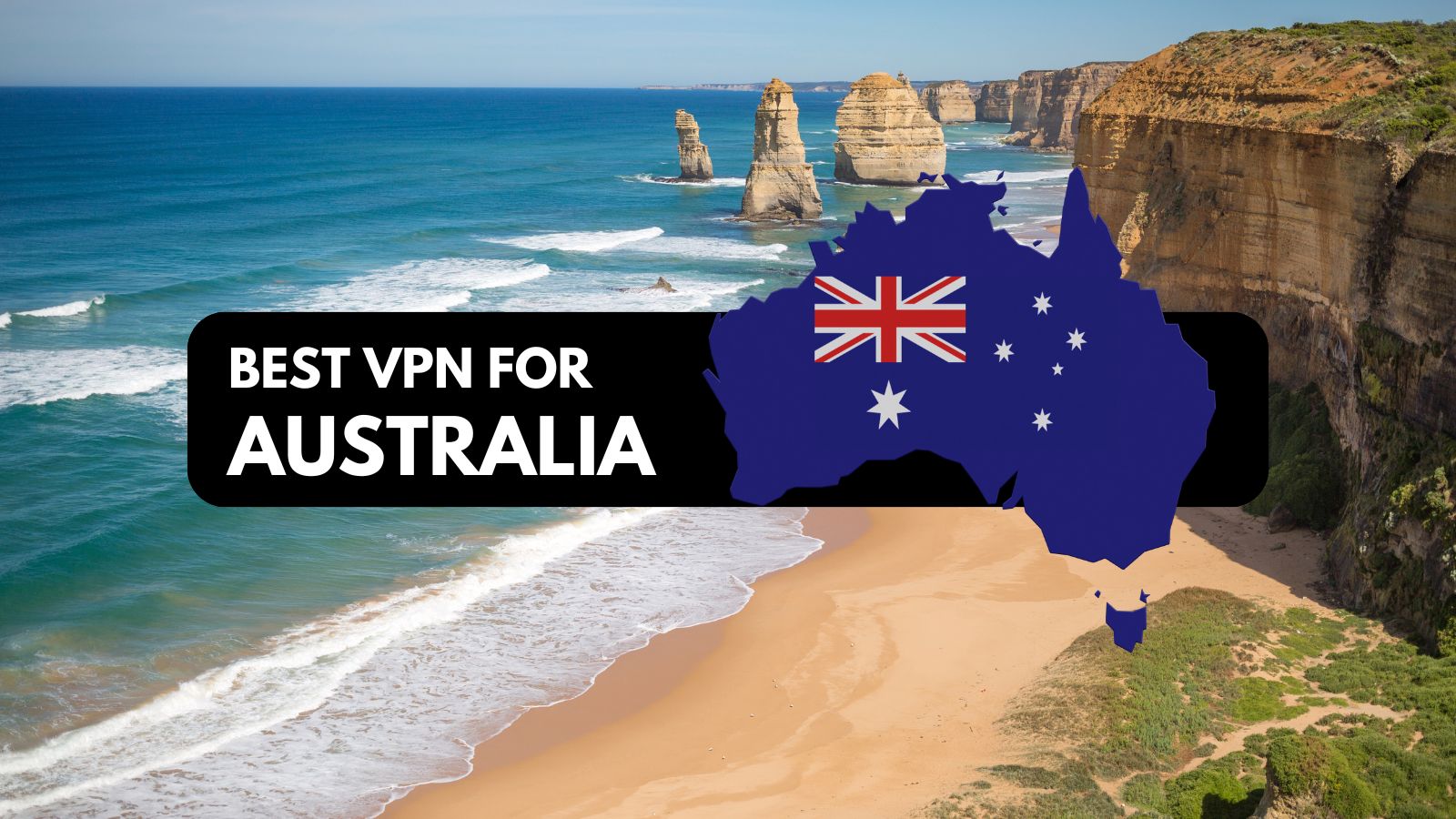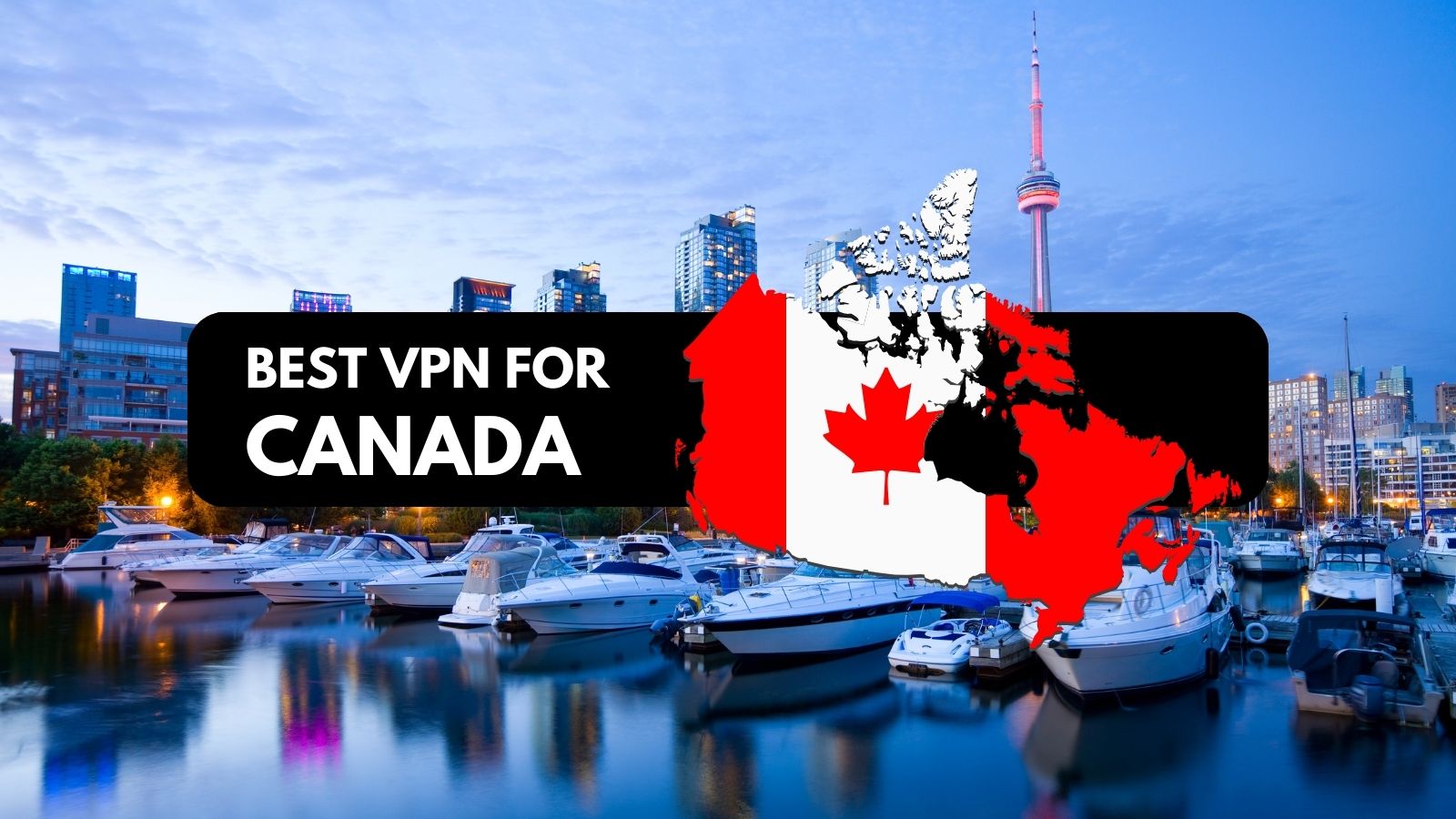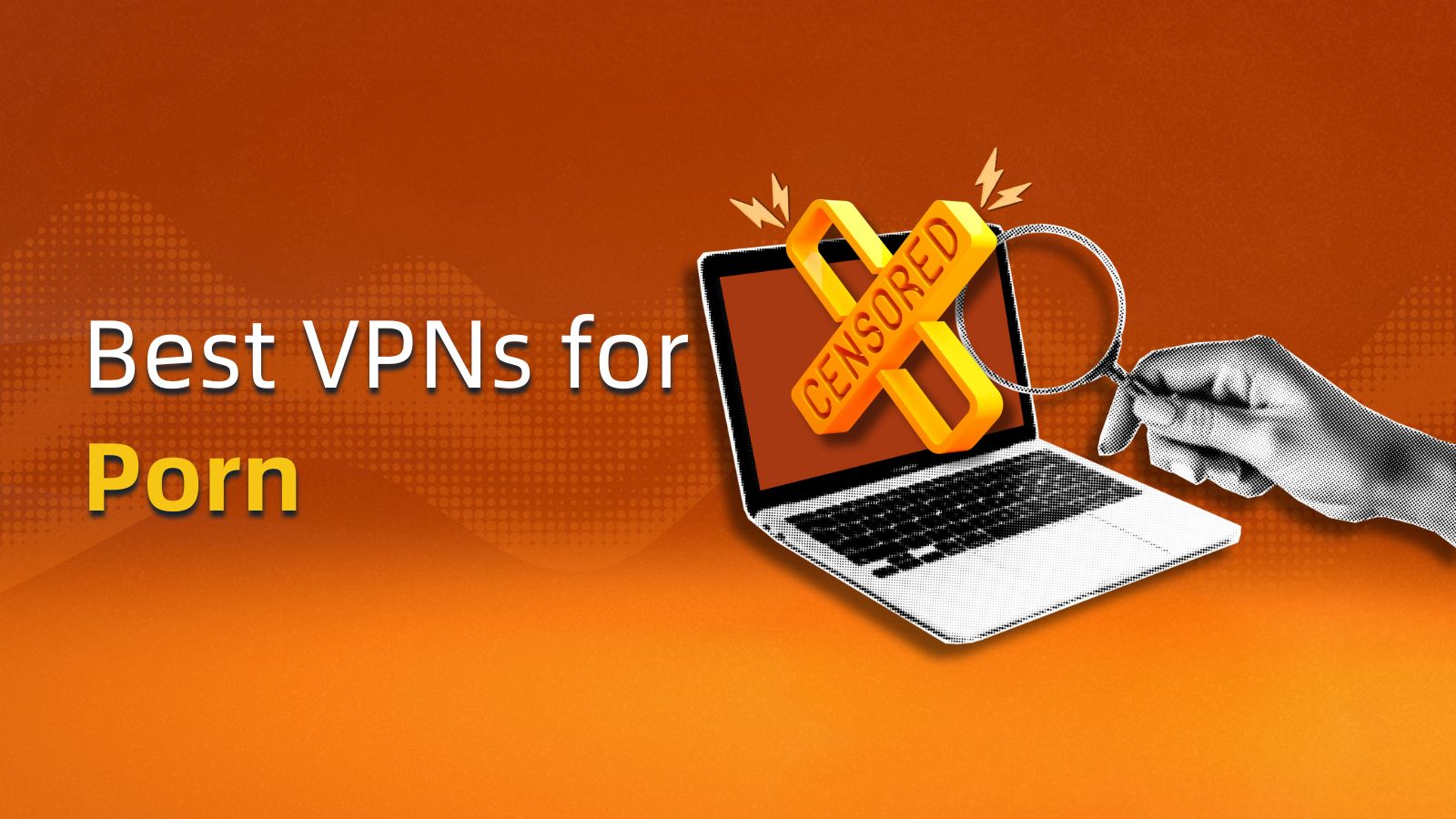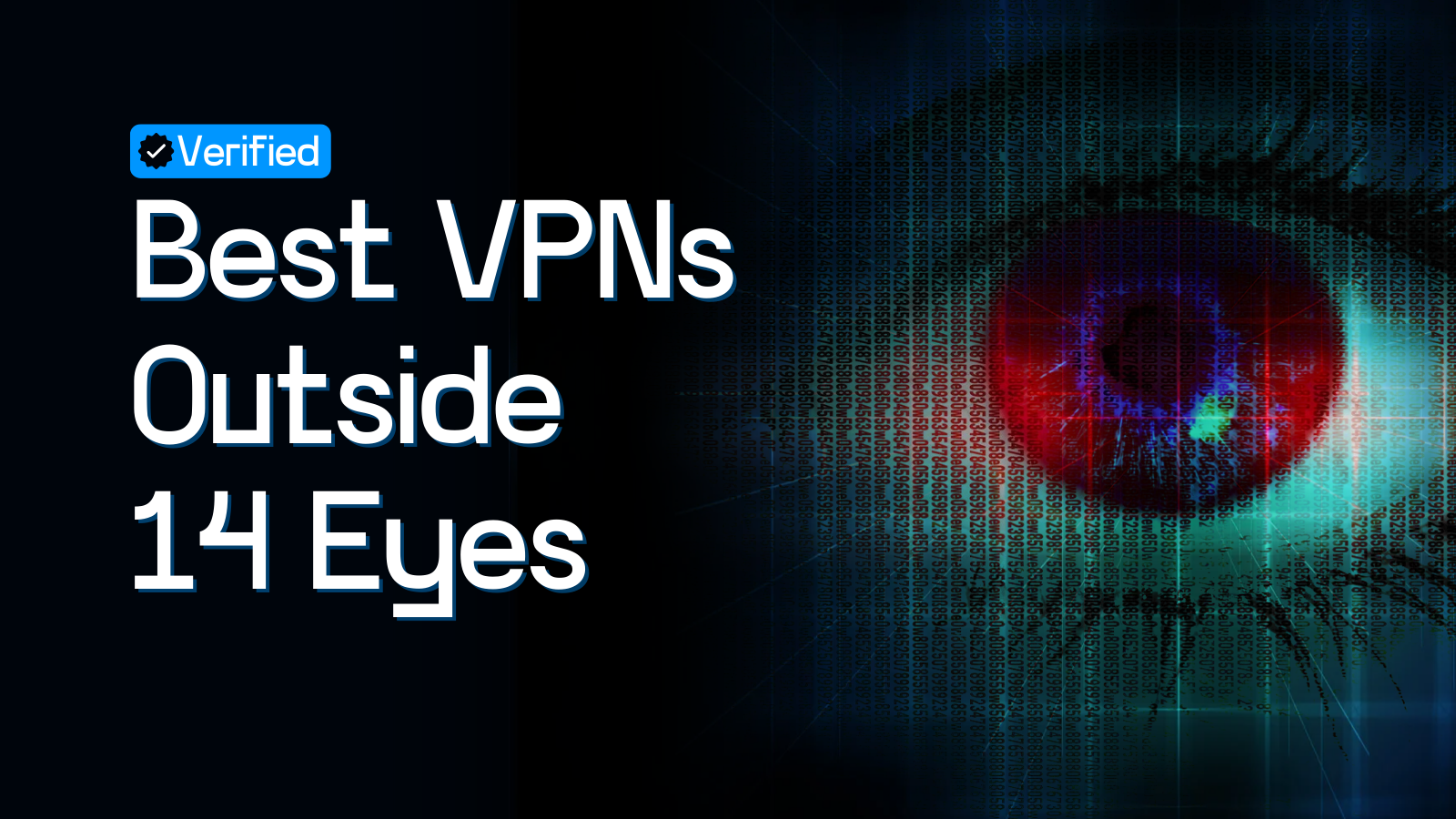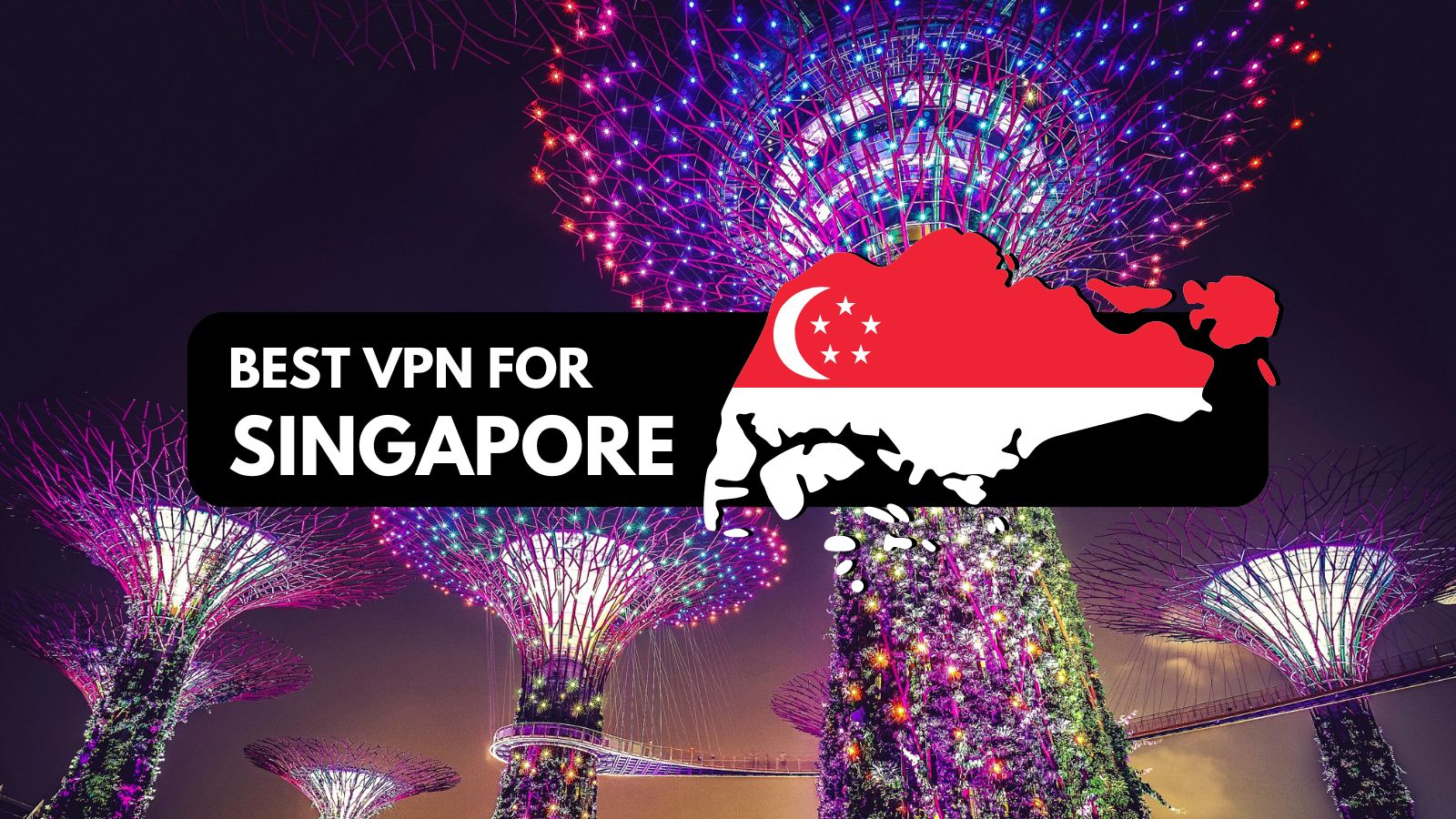When you purchase through links on our site, we may earn an affiliate commission. Here’s how it works.
5 Best VPNs for Digital Nomads in 2025
Our experts have reviewed 53 VPN providers, which were put through extensive rounds of testing. To learn more about that process, here’s how we review VPNs, where we explain our criteria and our policy of being fully transparent.
Digital nomads can now travel the world more freely than ever, but Internet accessibility is not the same everywhere. They need reliable and fast access to geo-restricted content and websites from different countries. In addition, using unsecured or shared networks like public Wi-Fi in airports, cafes, and hotels can expose your data to online threats like hacking, malware attacks, or spyware.
Most of all, digital nomads require a stable and consistent Internet connection for work and communication. You can solve all these issues by using a VPN. It can encrypt your data to protect you from online threats and bypass local censorship and geo-restrictions, giving you access to unfiltered Internet from anywhere.
This article will help you find the best VPN for digital nomads and we list our top 5 recommendations. It also explains why you need a VPN and the criteria for choosing the best one for your needs. Plus, we include answers to some FAQs.
How Digital Nomads Can Set Up a VPN?
If you're a digital nomad and you want to set up a VPN, you must first find a secure and fast provider that can reliably bypass geo-restrictions. After that, install the VPN on your device and connect to any of its servers to encrypt your data. You can follow these easy steps:
- Sign up for a fast VPN with a large server network (we recommend NordVPN).
- Download and install the VPN on your device to protect your data.
- Launch the VPN app and log in using your credentials.
- Connect to a server in the country where you want to access online content.
- That’s it! Now, you can enjoy the Internet without any restrictions.
The Best VPNs for Digital Nomads in 2025
You can consult our detailed best VPN providers guide for help deciding on the right VPN. The first thing you need to look for in a VPN is an extensive global server network that can reliably bypass geo-restrictions and local censorship from anywhere so that your activities are not interrupted in any way.
It should also deliver fast speeds and dependable overall performance. The VPN must have robust security features like military-grade encryption, multiple VPN protocols, a kill switch, and a strict no-logs policy. Look for advanced features like obfuscation (to hide your VPN usage) and split tunneling (to enable selective VPN protection).
Choose a VPN that can support multiple devices like computers, smartphones, and tablets, as well as protect multiple devices simultaneously. The provider should also have reasonable pricing. Lastly, make sure that the VPN provides 24/7 customer support to help solve any issues you might encounter and offers a reliable money-back guarantee.
Based on the above criteria, here are the 5 best VPNs that digital nomads can rely on:
1. NordVPN – Our Best-Rated VPN for Digital Nomads in 2025
NordVPN is our top choice because of its global network of 6,400+ reliable servers in 111 countries. This extensive network allows it to bypass geo-restrictions and local censorship reliably from anywhere. Moreover, its servers have fast speeds and stable performance overall.
In addition, it protects your online data with robust security and privacy features like an automatic kill switch and a strict no-logs policy. You can choose between 3 VPN protocols: OpenVPN, IKEv2/IPsec, and NordLynx, which is its WireGuard alternative paired with ChaCha20 encryption. The other two protocols work with AES-256-GCM encryption.
NordVPN has obfuscated servers that allow you to use the Internet freely on restrictive networks. It also uses split tunneling to protect particular apps while allowing you to use your regular Internet connection for other activities. Plus, its anti-malware tool called Threat Protection is effective in blocking harmful trackers or intrusive ads.
Additionally, NordVPN can protect any devices like computers, mobile phones, and tablets. It allows you to connect up to 10 devices simultaneously on a single subscription.
This provider offers 24/7 customer support if you need assistance in real-time. In case you are not able to talk to an agent, its bot feature can share support articles to help solve your issue. NordVPN is also quite affordable, with a 2-year plan for as little as $3.39 per month. Lastly, it has a solid 30-day money-back guarantee to test it without any financial risk. Check out our full analysis of NordVPN for a deeper dive.
PROS
- Extensive global server network
- Can bypass local censorship
- Fast speeds and stable connections
- Obfuscation and a kill switch
- 30-day money-back guarantee
- 24/7 customer support
CONS
- Obfuscation only on some servers
2. Surfshark – VPN for Digital Nomads with Robust Security Features
Surfshark is another excellent choice because it can deliver fast speeds and safeguard your data at the same time. It will give you access to geo-restricted or censored content from anywhere. Plus, its global server network of 3,200+ servers in 100 countries allows it to deliver consistent performance.
This VPN has OpenVPN, Wireguard, and IKEv2 protocols to choose from that are paired with either AES-256-GCM or ChaCha20 encryption. It also has a Dynamic Multi-Hop feature to pass your data through 2 VPN servers for extra security. Its Camouflage Mode can automatically obfuscate your Internet traffic on firewalled networks. Plus, it has a kill switch and a solid no-logs policy.
Surfshark’s built-in ad-blocker called CleanWeb can prevent annoying pop-ups and video ads. It can also block malware domains and third-party trackers. On top of that, its split tunneling feature will secure selective traffic while allowing you to use unencrypted Internet for the remaining traffic.
Surfshark supports all popular devices like computers, tablets, and mobile phones. Moreover, its unlimited simultaneous connections policy means protection for all your devices at the same time.
If you're on a budget, you'll be pleased to hear Surfshark is only $2.19 per month for a 2-year plan. It also offers 24/7 customer support and a trustworthy 30-day money-back guarantee to test all its features risk-free.
PROS
- Bypasses geo-restrictions and censorship
- Dynamic Multi-Hop available
- Automatic obfuscation included
- Unlimited simultaneous connections
- 30-day refund period
- 24/7 chat support
CONS
- Users report iOS app bugs
3. ExpressVPN – User-Friendly Digital Nomad VPN With Very Fast Speeds
ExpressVPN made our list because it's blazing fast and has reliable overall performance. This is a result of its entire network, with thousands of servers in 105 countries being upgraded to 10 Gbps machines as opposed to the previous 1 Gbps ones. Moreover, it can bypass geo-restrictions and strict Internet censorship, even in countries like China.
This VPN will keep you safe with robust security features like AES-256 and ChaCha20 encryption, an automatic kill switch, leak protection, and a strict no-logs policy. Its self-developed Lightway protocol delivers unmatched speeds and greater connection stability. In addition to Lightway, it offers OpenVPN, and IKEv2 protocols. Plus, its automatic obfuscation will keep your VPN usage hidden.
You can use ExpressVPN's advanced features like split tunneling if you only want to encrypt some of your data instead of all. It even upgraded its anti-malware tool called Threat Manager to block ads and trackers that can compromise your online security. However, it is more efficient in blocking malware, and you might still see harmless ads during your VPN session.
ExpressVPN’s apps are very user-friendly and can be used on all your devices like computers, smartphones, and tablets. It allows up to 8 simultaneous device connections. One downside, however, is that it's on the expensive side: $6.67 monthly for an annual plan.
Lastly, ExpressVPN's 24/7 customer support is very responsive and knowledgeable, and you can test it risk free with its solid 30-day money-back policy. You can take a look at our in-depth assessment of ExpressVPN to learn more.
PROS
- User-friendly interface
- Lightway protocol for blazing speeds
- Threat Manager
- Automatic network-wide obfuscation
- 30-day money-back policy
- Live chat support 24/7
CONS
- Not very customizable
4. CyberGhost VPN – Specialty VPN Servers for Streaming While Traveling
CyberGhost offers optimized servers for streaming, torrenting, and gaming. Its network of thousands of servers in 100 countries also includes NoSpy servers (located inside CyberGhost headquarters) for increased online privacy. Plus, it can deliver medium-fast speeds with dependable performance. Although it does not offer obfuscation, it can still access censored or geo-restricted content easily.
Your online data will be protected with AES-256-GCM or ChaCha20 encryption, depending on which protocol you choose. There are 3 to select from: WireGuard, OpenVPN, and IKEv2/IPsec. CyberGhost also comes with a kill switch and a no-logs policy. Moreover, its automatic Wi-Fi protection feature can keep you safe on unsecured or shared networks like those in hostels or cafes.
CyberGhost has split tunneling plus a Content Block feature to prevent issues with malware, trackers, and adware. It offers 7 simultaneous device connections, so you can use it on all your daily devices like computers, mobiles, tablets, and more.
This VPN is great if you're on a budget, ringing up at just $2.19 per month if you get the 2-year plan. CyberGhost even gets ahead of its competitors by offering an extended 45-day money-back guarantee instead of the standard 30-day policies. It has an extensive database of support articles to self-diagnose any issue. Other than this, it provides 24/7 customer support.
PROS
- Streaming- and torrenting-optimized servers
- Content Block feature
- Automatic Wi-Fi protection
- 7 simultaneous connections
- 45-day refund guarantee
- Support available 24/7
CONS
- No obfuscation
5. Private Internet Access – VPN for Balancing Speed and Digital Nomad Security
Private Internet Access (PIA) has thousands of servers in 91 countries. It has average speeds, but you can choose AES 128-bit encryption to increase your speed for streaming or browsing. It demonstrated satisfactory performance, but its customization options for port and transport type settings enable advanced users to further balance their speeds and security.
PIA can also reliably unblock geo-restricted and censored content. If security is more important to you than speed, you can use 256-bit encryption for sensitive tasks like accessing bank accounts. Its 2 levels of encryption are paired with OpenVPN, Wireguard, and IKEv2/IPsec protocols. It also follows a strict no-logs policy and has a kill switch to keep you safe online.
Additionally, its split tunneling allows you to encrypt selective online traffic only. PIA uses a Multi-Hop feature to obfuscate your online traffic using the Shadowsocks proxy. Moreover, you won’t see any ads with its built-in ad-blocker called MACE. It can even block malware and dangerous trackers.
You can connect all your devices like computers, mobiles, and tablets with PIA as it offers unlimited simultaneous connections. This is all possible on a limited budget, too - you can get a 2-year plan for just $2.19 per month. Lastly, it has 24/7 customer support if you need any help and provides a 30-day money-back guarantee.
PROS
- Largest server network
- Obfuscation with Shadowsocks proxy
- MACE to block ads/malware
- Allows unlimited simultaneous connections
- 30-day money-back period
- Customer support via live chat
CONS
- Average speeds only
What Are Digital Nomads?
Digital nomads earned their name because they can work remotely from anywhere in the world using technology. They often take advantage of this flexibility to travel frequently while maintaining steady work. Name a country - as long as there's Internet access, they can work there!
There are a number of popular locations that digital nomads tend to frequent, including Bali, Thailand, Portugal, and Ho Chi Minh City. Or you might see them making the best of "van life" and traveling countries while working and living on the road.
Entrepreneurs, freelancers, and various other types of remote workers can all be digital nomads. The community is very diverse and tends to skew towards younger generations, particularly those in their 20s and 30s.
Do Digital Nomads Need a VPN?
Yes, digital nomads need to use VPNs for numerous reasons, including bypassing geo-restrictions and censorship, protecting their data, and accessing unfiltered Internet so their work isn't disturbed. Below are all the reasons why VPNs are crucial for this lifestyle:
- Security and Privacy – VPNs protect your online traffic from threats like hacking or tracking with features like encryption, a kill switch, a no-logs policy, and leak protection.
- Browse Anonymously – Using a VPN will hide your IP address so your browsing activity cannot be traced to you.
- Bypass Geo-Restrictions – Almost all digital services, ranging from streaming platforms to banking, news, or other general sites, restrict access based on user location. However, VPNs can unblock websites so you can enjoy geo-restricted content from anywhere.
- Avoid Censorship – Some countries or regions censor the Internet heavily. If you live in or are traveling to such a location, use a VPN to access the Web freely.
- Use Public Wi-Fi Safely – Using a VPN will prevent hackers from tracing your passwords or other sensitive information on public Wi-Fi or shared networks at hostels or co-working spaces.
- Prevent Throttling – Most ISPs will throttle the bandwidth of users whom they detect are using a lot of data at once. A VPN will prevent this by masking your data consumption.
- Access Secure Online Banking – With encryption and other security features, online banking VPNs will protect your financial sessions from harmful third parties.
- Browse Home Content From Abroad – Your favorite websites from home might not be available in other regions. Using a VPN allows you to access home content from anywhere you travel.
- Pay Less for Accommodations and Flights – Hotel and flight-booking websites track user search history and browsing patterns to show dynamic prices based on these activities. A VPN hides all this so you get fair prices.
- Securely Download Torrents – Using a VPN while torrenting will ensure your activities can't be detected by your ISP. This will prevent any copyright violation detection.
- Shop Online Efficiently – Some online discounts might not be available in your region, while prices of some products or digital services might be lower in others. A VPN allows you to enjoy the best deals.
How to Find the Best VPN for Digital Nomads?
To choose the right VPN, the first thing you need to look at is a VPN’s ability to bypass censorship and geo-restrictions. In addition, it should provide fast speeds and safeguard your online security and privacy. Below are all the important points you need to consider when choosing your VPN:
- Size of Server Network – An extensive global server network spread across multiple countries allows you more connection freedom. It also prevents performance issues like overcrowding.
- Unblocking Abilities – A VPN can give you access geo-blocked content from anywhere. It can also bypass any government censorship you might face.
- Data Collection Policy – A strict no-logs policy ensures that none of your online activities are recorded by the VPN and is a reflection of how seriously the service is committed to safeguarding your privacy.
- Encryption and Protocols – Security features like AES-256-GCM encryption and protocols such as OpenVPN and WireGuard will make sure that your data is transmitted securely.
- Obfuscation – Obfuscation makes your VPN traffic look like normal HTTPS Internet traffic, allowing you to bypass geo-restrictions and censorship on restrictive networks more easily.
- Split Tunneling and Kill Switch – A kill switch prevents your data from leaking outside the VPN tunnel in case of accidental server disconnections. Split tunneling, on the other hand, allows you to encrypt selective traffic.
- Speed and Performance – A good VPN should be able to deliver fast speeds and consistent performance overall so that your online activities are not disturbed.
- Number of Connections and Device Support – Only opt for VPNs that can support all popular devices like computers, smartphones, and tablets. Make sure they provide multiple simultaneous connections, too.
- Pricing – Make sure the VPN offers a lot of value for its price, which should be as affordable as possible with discounts for longer terms.
- Money-Back Policy – Always choose a VPN that offers a trustworthy money-back guarantee. This way, you can test all the features without any financial risk.
- Support Team – Every premium VPN offers 24/7 customer support and an extensive database of support articles you can consult if you encounter any problems.
Final Thoughts
Although the digital nomad lifestyle is becoming increasingly popular, you might still face multiple issues throughout this experience. For starters, Internet accessibility varies due to censorship and geo-restrictions. In addition, using shared networks can expose your data to threats like hacking. However, the best VPN for digital nomads can solve all these hurdles.
NordVPN is our #1 choice for digital nomads to use because of its ability to bypass geo-restrictions and any other type of Internet censorship. This is thanks to its 6,400+ servers in over 100 countries. In addition, it has fast speeds and protects your data with robust security and privacy features. It also comes with a 30-day money-back guarantee to test it risk-free.
Here are some additional guides that you might find useful:
That concludes our digital nomad's guide to choosing a VPN. If you have any inquiries or comments, feel free to share them in the comment section below. Thank you for reading!

